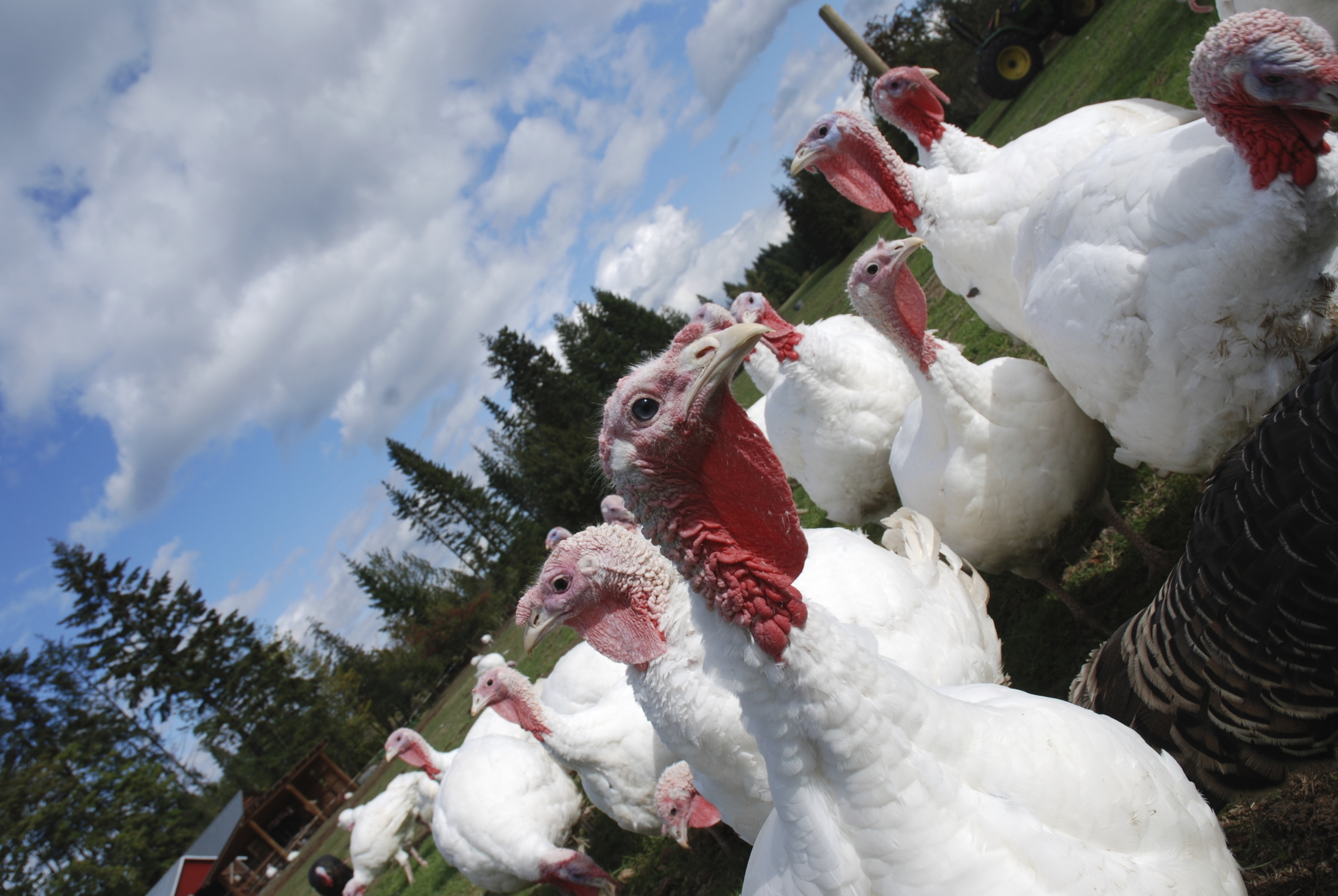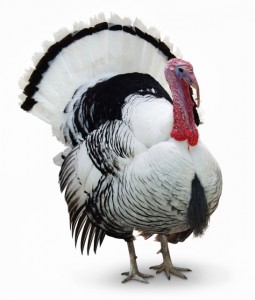Christmas turkeys or car-sharing – which is better for your journey to work?

This website uses cookies to ensure you get the best experience on our website. cookie information

Did you know a Christmas turkey can produce fuel?
Well, the guts and bone can anyway!
“Thermal depolymerization (TDP) is a depolymerization process using hydrous pyrolysis for the reduction of complex organic materials into oil.”
Which in English basically means wasted turkey parts, such as guts and bone, can be broken down under very high heat and pressure and as a result will yield natural gas, fuel oil and minerals. This oil can then be processed into gasoline or jet fuel.

On an average Christmas in the UK, we consume 10 million turkeys, so there is 20 million lbs of turkey waste to get rid of.
There are 2000 lbs in a ton and 200 tons of Turkey waste can produce 500 barrels of fuel (79m3).
So, with 10,000 tons of turkey waste left after Christmas we can produce 25,000 barrels of fuel – that’s around 868,850 gallons of fuel; enough to fill the tanks of 54,303 cars (based on an average car).
However, if everyone in the UK shared with just 1 person, 1 day a week, we could save over 1 billion gallons of fuel – that’s enough to fill an average car 100,000,000,000 (one hundred thousand million) times! Not only that, car-sharing reduces C02 and the impact on the environment, as well as reduces congestion on the roads and parking problems.
So, in our opinion, whilst the turkeys can be more useful than we ever realised, car-sharing wins hands down!
Author liftshare
on
Car share for less with Liftshare, the UK’s biggest sharing economy site!
Join now!